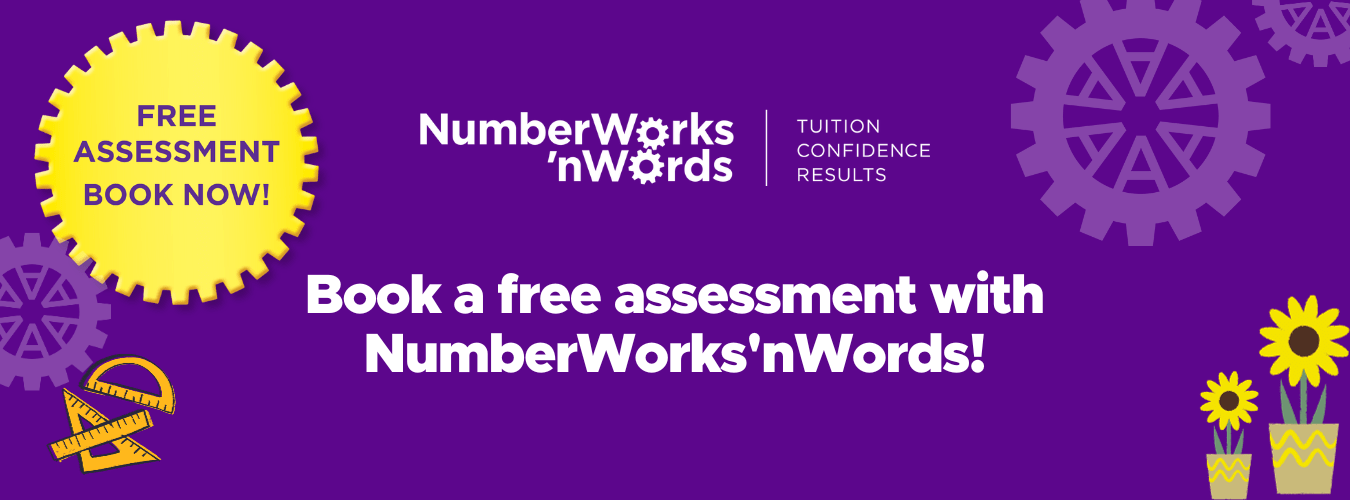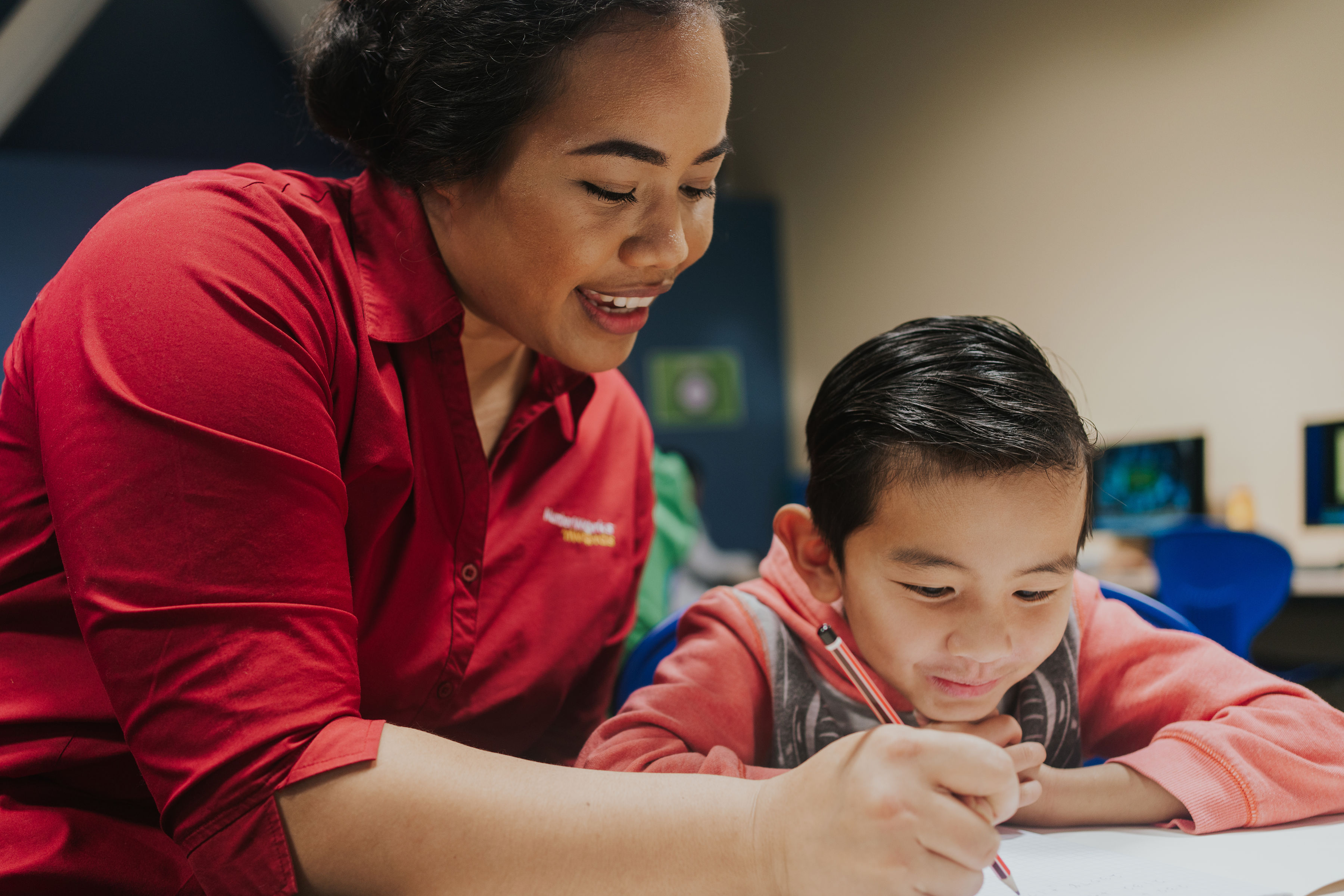The Importance of Maths for Young Learners

Maths, often regarded as the language of the universe, is a cornerstone of education that empowers young learners to think critically, reason logically, and solve complex problems.
For young learners, a robust foundation in maths is not merely an academic requirement but a fundamental life skill. In an era dominated by technology and innovation, the importance of maths education for young learners cannot be overstated.
This article explores the significance and importance of maths and maths education, spanning cognitive development, mental maths skills, real-world applications to solving maths problems and academic achievement.
Is your child struggling to keep up with schoolwork? Are they falling behind? Are they bored in class? Or are you looking for extension work for your child? Check out our eBook to learn more about how we help your child improve academically and build confidence through our in-centre after-school tuition.
Building Cognitive Skills
At its essence, maths education is the crucible where critical cognitive skills are forged. Through the process of learning maths, young learners develop the ability to analyse problems, identify patterns in word problems, and devise systematic solutions.
This cultivation of logical thinking and problem-solving skills in maths is important and invaluable, extending far beyond the confines of the classroom. Maths education enhances memory retention and concentration, honing skills essential for academic excellence and personal growth.
By engaging with maths from an early age, children not only grasp basic arithmetic and numerical maths concepts but also develop other essential maths and life skills that serve as a foundation for their future endeavours and careers.
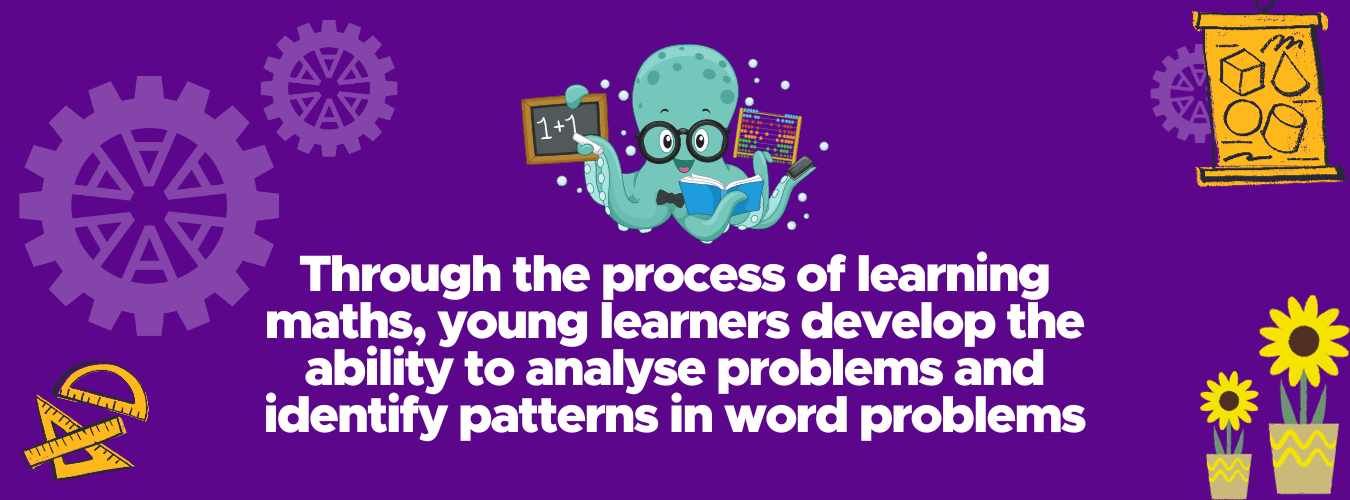
Real-World Applications
Understanding the practical relevance of maths in daily life is a transformative experience for young learners. From budgeting and measuring ingredients in the kitchen, maths permeates every aspect of our existence. In professional spheres, maths is the backbone of fields such as engineering, computer science, finance, and architecture.
A solid understanding of maths helps us understand the world and equips individuals with the various skills, needed to navigate real-world challenges in daily tasks, foster financial literacy and prepare children for diverse career opportunities.
Boosting Academic Performance
Proficiency in maths acts as a catalyst for academic success. Research consistently demonstrates the positive correlation between maths proficiency and overall academic performance.
A strong foundation in maths enhances comprehension in other subjects, particularly science and technology, where maths concepts often form the basis of understanding. Additionally, a child’s proficiency in maths means they tend to perform better in standardised tests, opening doors to higher education and specialised fields.
Overcoming maths anxiety is crucial; it not only improves academic confidence but also instils a love for school and learning, paving the way for lifelong curiosity, more critical thinking skills, and knowledge acquisition.
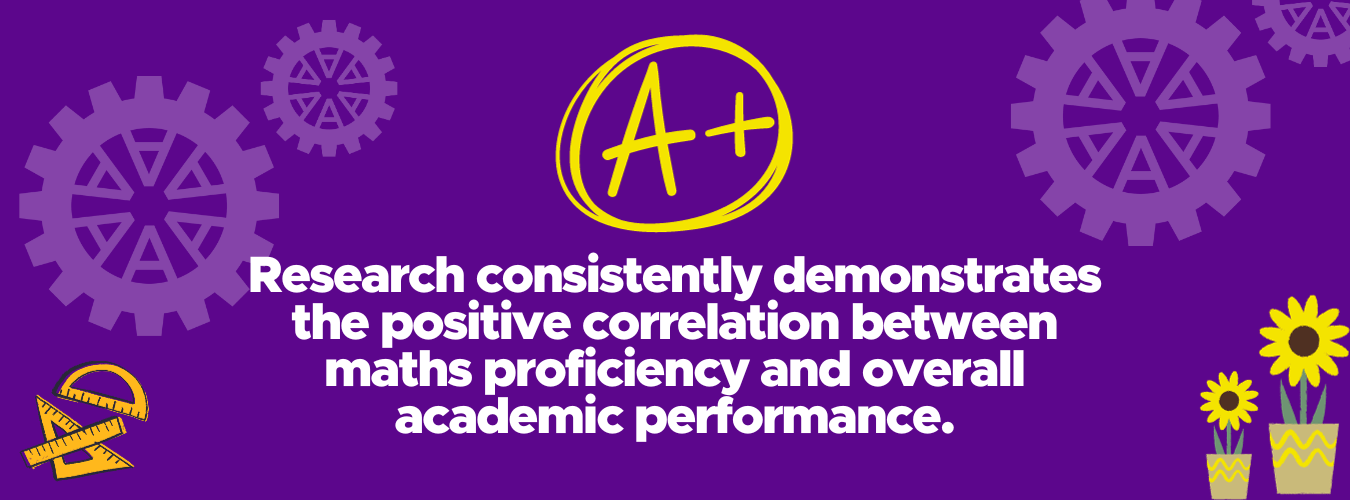
Fostering a Growth Mindset
Maths education is not just about numbers and equations; it is a gateway to developing a growth mindset. Encouraging a positive attitude toward maths and emphasising the value of perseverance and practice are foundational principles.
Celebrating small victories and acknowledging effort, regardless of outcomes, nurtures a sense of self-esteem and confidence. This mindset, cultivated through early maths education, becomes a fundamental part of guiding school philosophy, encouraging resilience in the face of challenges and fostering a lifelong love for learning.
Nurturing Creativity and Innovation
Contrary to popular belief, maths and creativity are not mutually exclusive. Maths, in its essence, encourages creative problem-solving. When young learners engage with maths, they are not just manipulating numbers; they are exploring abstract concepts, visualising solutions, and thinking innovatively.
Many renowned inventors, artists, and scientists attribute their success to maths and their ability to understand patterns and think creatively. Using maths as a powerful tool helps us understand the world around us and nurtures creativity and critical thinking. We are not only fostering the next generation of mathematicians but also empowering future innovators, artists, and critical thinkers.
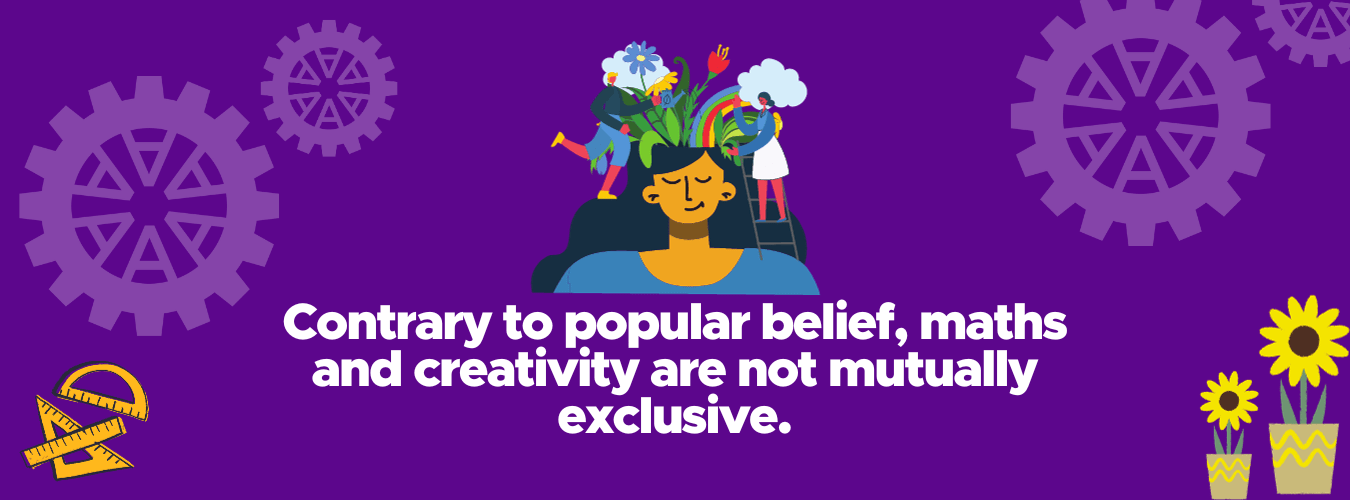
Technological Advancements in Maths Education
In the digital age, technology has revolutionised the way we approach maths education. Educational apps, online platforms, virtual reality, and gamification transform learning maths into an engaging and interactive experience. These tools cater to various learning styles, making maths accessible and enjoyable for all.
Embracing technological advancements not only enhances the learning experience but also prepares young learners for a future where technology and maths are intertwined in everyday lives, shaping industries and driving innovation.
Collaboration Between Educators and Parents
Effective collaboration between educators and parents is pivotal in nurturing a child's maths abilities. Parents are essential partners in the learning journey, reinforcing classroom lessons through everyday activities and conversations.
Schools can facilitate this partnership by organising maths workshops, family maths nights, and interactive sessions that encourage collaborative learning. When parents and educators work on a maths problem together, they create a supportive environment where young learners thrive, building confidence in their maths abilities and fostering a lifelong love for learning.
Math education for young learners is not merely a subject in the curriculum; it is the catalyst for individual and societal progress. By providing a comprehensive maths education, we are nurturing a generation of critical thinkers, problem solvers, and innovators.
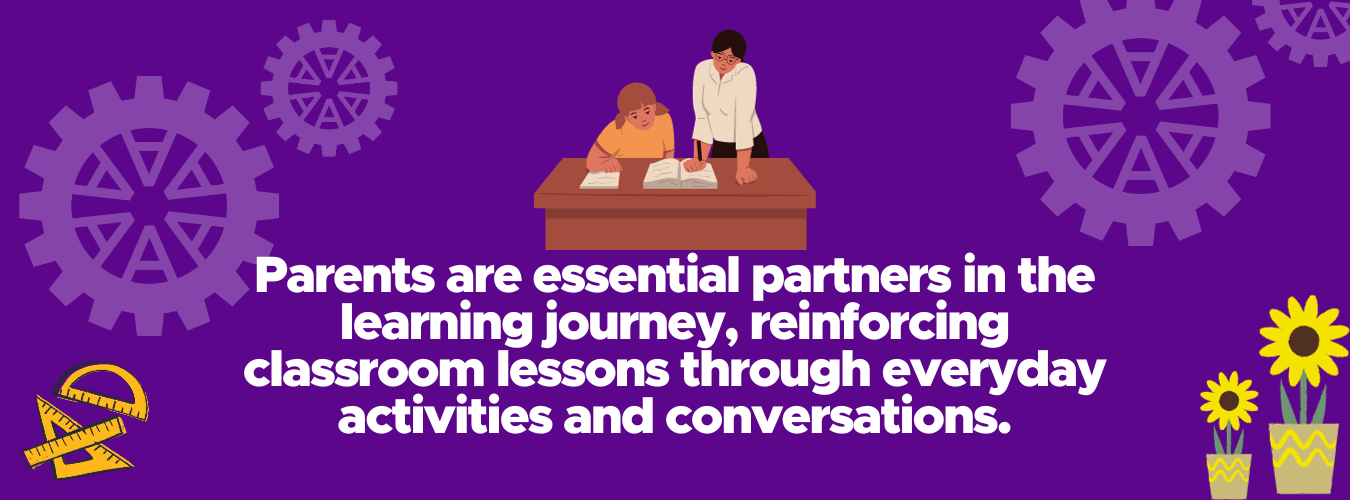
The skills developed through maths education extend far beyond numerical proficiency; they encompass analytical thinking, logical reasoning, creative problem-solving and a growth mindset.
By investing in maths education, we are investing in the future, empowering young learners to navigate a world that increasingly relies on maths and technological literacy.
Our proven approach to maths and English tutoring helps children to develop foundational skills and close learning gaps while building confidence in their learning.
If you would like to learn more about our tutoring programmes, get in touch with your local centre and book a free assessment today!
